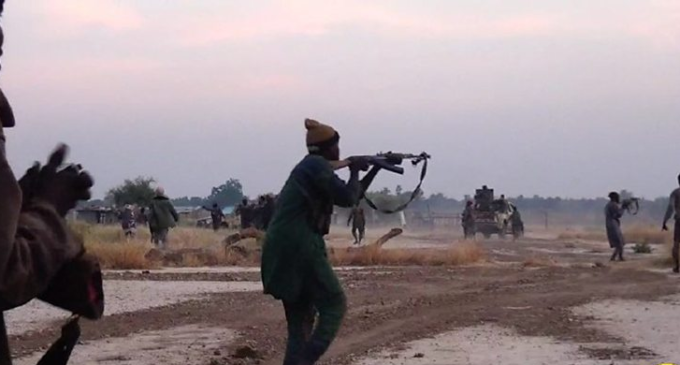Despite the security apparatus put in place to curtail the rising security situation in the country, people still lose their lives to senseless attacks. Between April 8 and April 13, more than 20 people died of attacks by kidnappers, Boko Haram, cultism, and other non-state actors.
Nigeria Security Tracker reveals that on April 8, gunmen killed one and abducted one in Gwagwalada, Federal Capital Territory (FCT), and on that same day, kidnappers abducted and killed one police inspector in Aboh-Mbaise, Imo. Two days later, kidnappers killed one and abducted another in Rogo, Kano. In the Kabba/Bunu community in Kogi, kidnappers killed one and abducted two.
On April 11, herders abducted a man in Ila, Osun. The following day, cultists killed three and abducted two in Ahoada West, Rivers. The killing continued that same day, with bandits killing eight in Zangon Kataf, Kaduna, and Birnin-Gwari, Kaduna; bandits killed nine, while airstrikes killed “several” (est. at ten) of the bandits. These senseless killings didn’t stop.
On April 13, Boko Haram killed eleven in Gujba, Yobe, and kidnappers abducted three in Akure, Ondo State.
Challenges Of Combating Kidnapping And Terrorism In Nigeria.
Kidnapping and terrorism are among the most significant security challenges in Nigeria, and they have far-reaching consequences for the country’s socio-economic development. In recent years, the Nigerian government has invested significant resources in combating these security challenges, but the problem persists.
One of the significant challenges is inadequate funding, as the budget allocation for security remains low despite being a top security challenge in the country. Corruption is another challenge that undermines efforts to combat kidnapping and terrorism, as corrupt officials often compromise security operations by leaking sensitive information to criminals or sabotaging efforts to apprehend them.
Also, security personnel may engage in corrupt practices, such as accepting bribes from criminals or engaging in extrajudicial killings. Poor coordination among security agencies also hinders efforts to combat these security challenges, and the weak judicial system makes it difficult to prosecute criminals and secure convictions.
According to this report, the country’s spending on security has increased steadily since 2019. In 2019, the total budget for security was N1.76 trillion, which represents 5.1% of the total budget. In 2020, the budget for security increased to N1.78 trillion, which represents 4.9% of the total budget. In 2021, the budget for security increased again to N1.97 trillion, which represents 4.4% of the total budget. All these figures are lower than the 7.5% recommended by the United Nations for developing countries.
In 2023, the budget allocated for security was N2.98 trillion, which represents 13.4% of the 2023 budget, an improvement in the previous budgetary allocation.
Comparison with Neighboring Countries
Despite these increases, the budget allocation for security remains low compared to other countries. For example, Ghana, which has a lower GDP than Nigeria, allocated 9.2% of its total budget to security in 2021. South Africa, which has a similar GDP to Nigeria, allocated 7.2% of its total budget to security in 2021.
